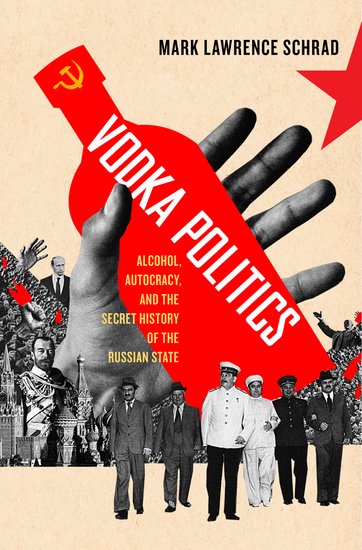A globalized history of “baron,” part 2
By Anatoly Liberman
I will begin with a short summary of the previous post. In English texts, the noun baron surfaced in 1200, which means that it became current not much earlier than the end of the twelfth century. It has been traced to Semitic (a fanciful derivation), Celtic, Latin (a variety of proposals), and Germanic. The Old English words beorn “man; fighter, warrior” and bearn “child; bairn” are unlikely sources of baron.












